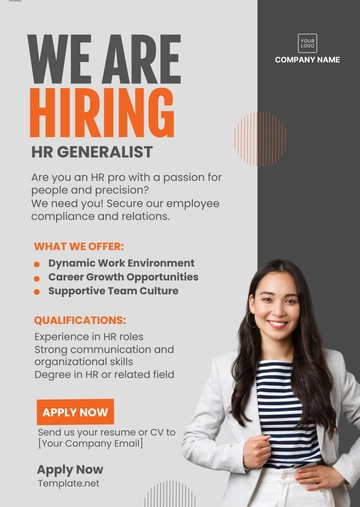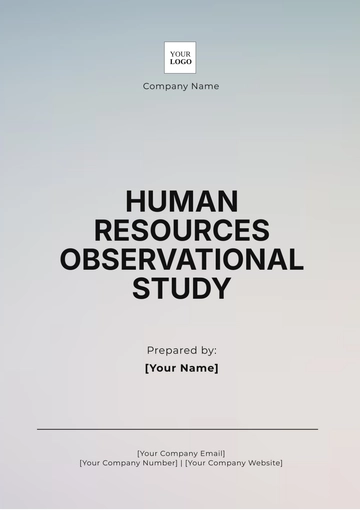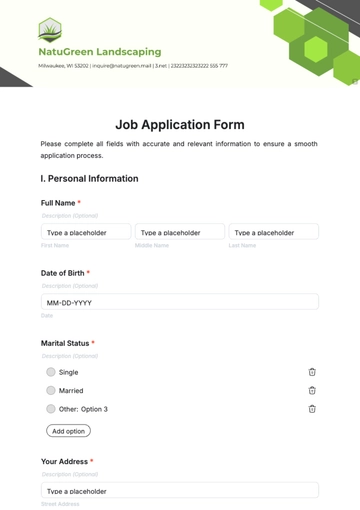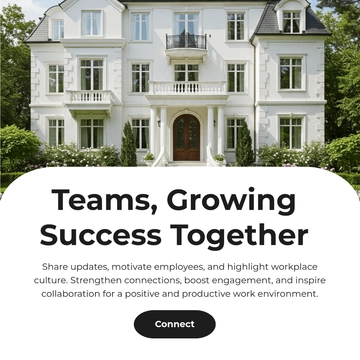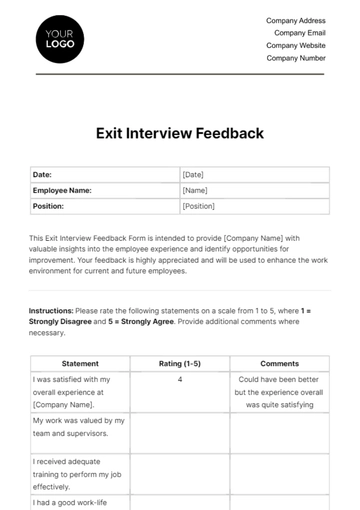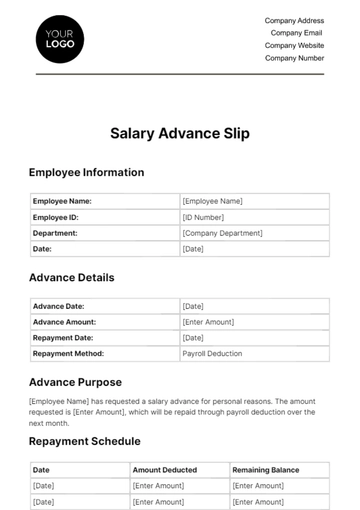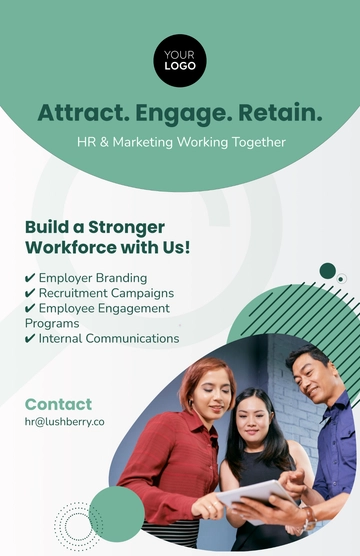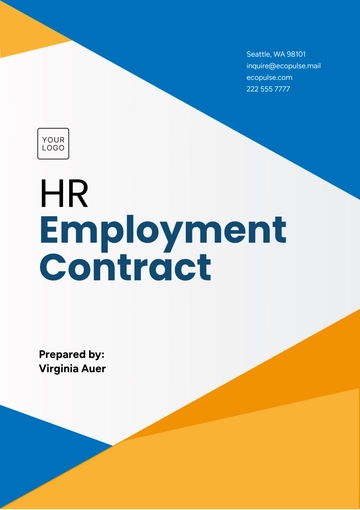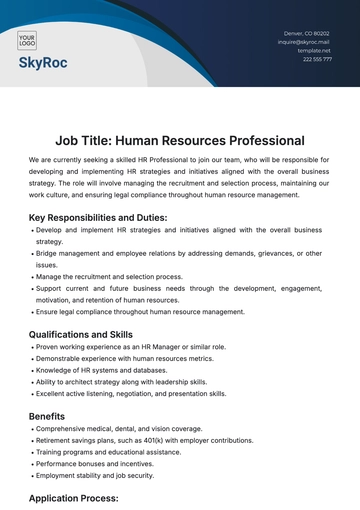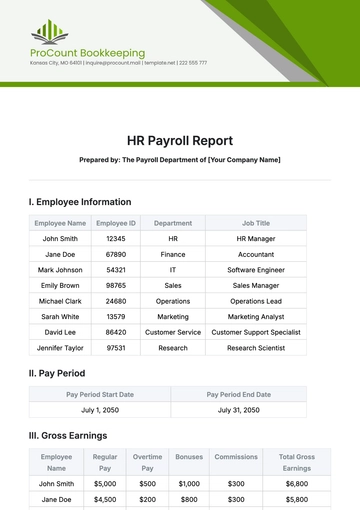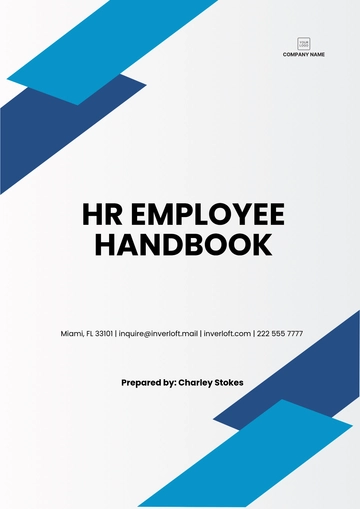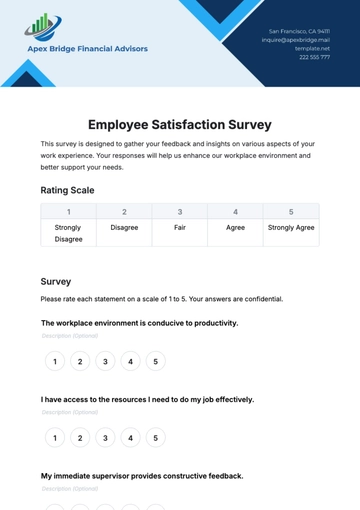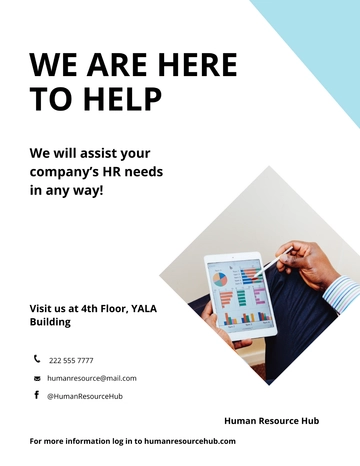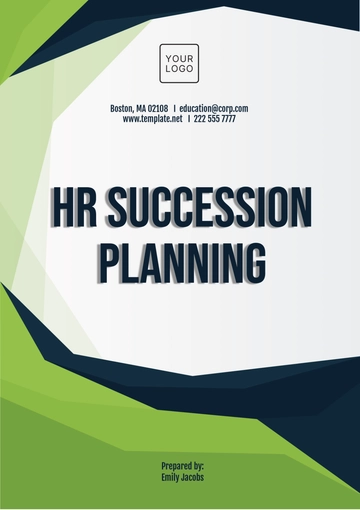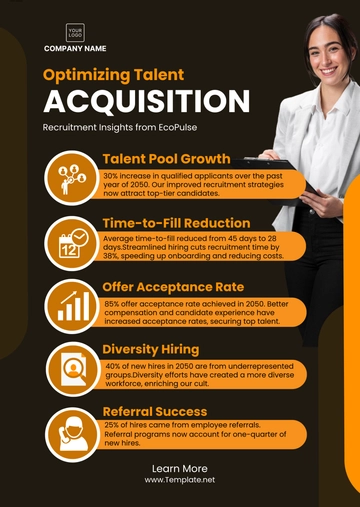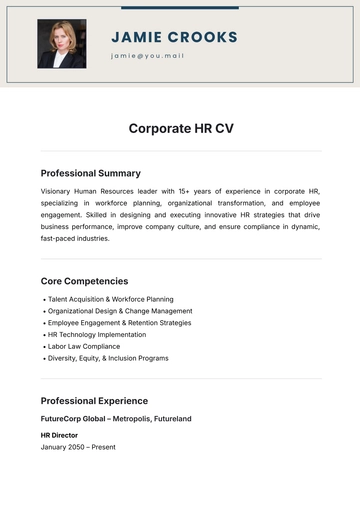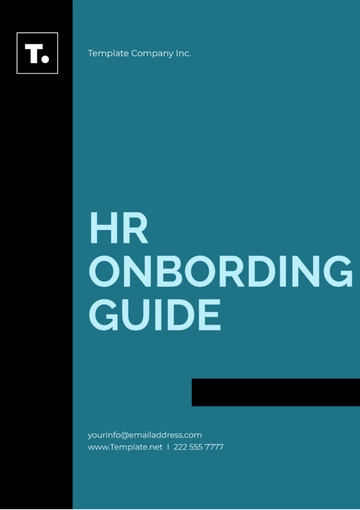Free Annual Awards Ceremony Planning Guide HR
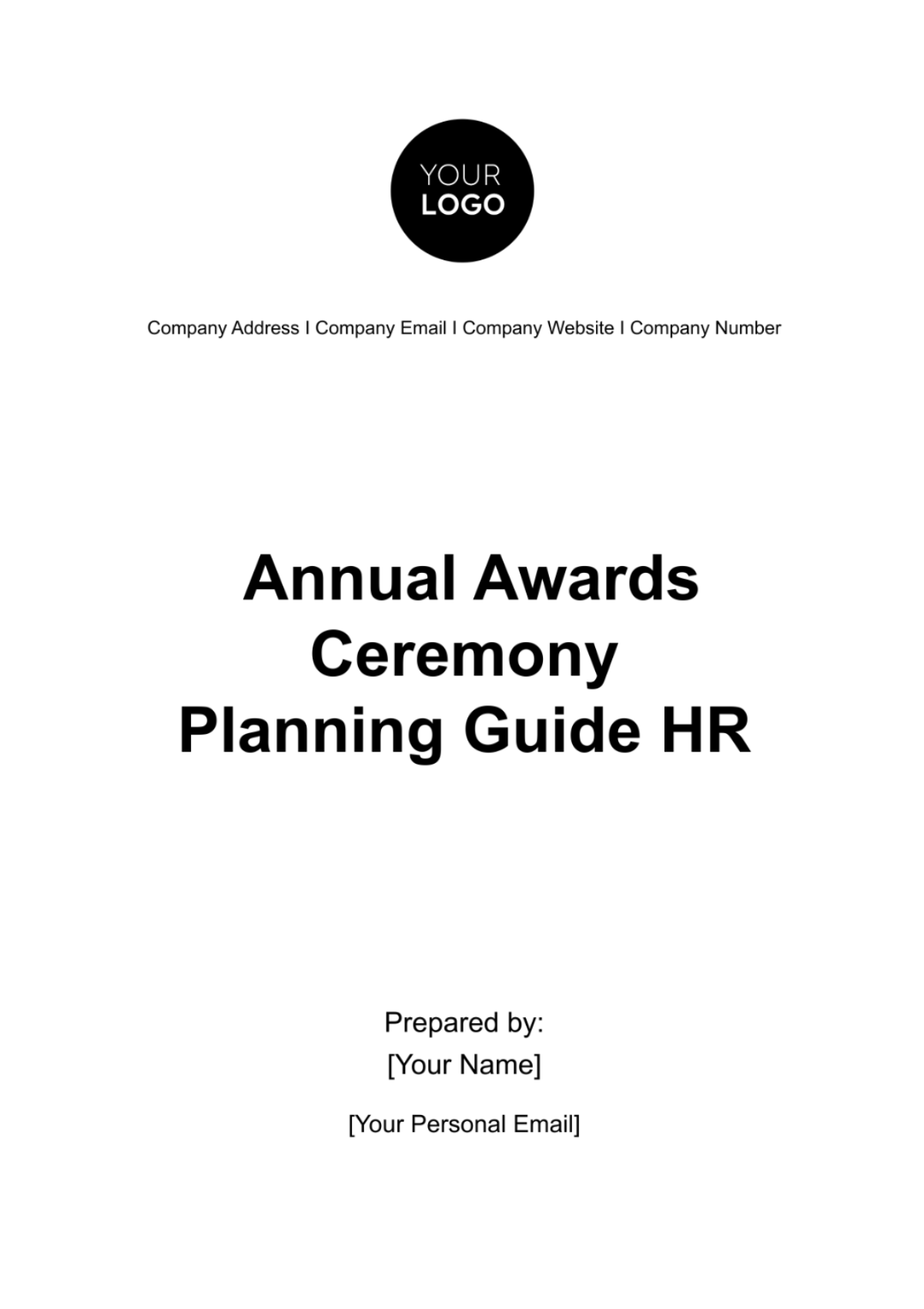
Guide HR
Introduction
The Annual Awards Ceremony is a significant event in the [Your Company Name] calendar, designed to recognize and celebrate the achievements of our employees. This guide serves as a comprehensive resource for HR professionals and event planners involved in organizing the ceremony. It outlines the key steps, from initial planning to post-event evaluation, to ensure a successful and memorable event. The ceremony is not just an event but a representation of our company culture and values. It serves as a platform to boost employee morale and to showcase the talent within the organization.
Objectives
Employee Recognition
The primary objective is to recognize and reward outstanding performance and contributions made by employees throughout the year. This is crucial for boosting morale and encouraging a culture of excellence within [Your Company Name].
Team Building
The event aims to foster a sense of community and teamwork among employees, strengthening the company culture. By celebrating achievements collectively, we aim to build stronger interpersonal relationships among team members.
Branding
The ceremony serves as an opportunity to reinforce [Your Company Name]'s brand values and mission, both internally and externally. It's a platform to showcase what the company stands for and to attract potential talent and clients who align with our values.

Timeline
A detailed timeline is essential for ensuring that all tasks are completed in a timely manner. The timeline should be broken down into pre-event, during-event, and post-event activities. Each phase should have its own set of deadlines and responsible parties to ensure smooth execution.
Budget
Budget Allocation
A budget should be allocated for various expenses such as venue, catering, and awards. This budget should be approved by senior management and should be realistic yet flexible to accommodate unforeseen costs.
Sponsorships
Consider seeking sponsorships to offset some of the costs. Sponsorships can come in the form of financial contributions or in-kind donations such as event materials or services.
Venue Selection
Location
Choose a location that is convenient for most employees. The venue should be easily accessible by public transport and should have ample parking space for those who drive.
Capacity
Ensure the venue can accommodate the expected number of attendees. It's advisable to book a venue with a slightly higher capacity than expected to account for last-minute attendees.
Award Categories
Category | Description | Criteria |
|---|---|---|
Employee of the Year | Awarded for overall outstanding performance. | Must have a performance review score above 90% and have completed at least one major project. |
Team of the Year | Awarded to the most productive team. | Team must have met or exceeded all project goals for the year. |
Innovation Award | Awarded for a groundbreaking idea or project. | Idea or project must have led to a measurable improvement in efficiency or revenue. |
Each award category should have a set of criteria that nominees must meet. These criteria should be communicated clearly to all employees to ensure a fair nomination process.
Nomination Process
Nomination Criteria
Set clear criteria for each award category. The criteria should be measurable and directly related to the employee's job performance or contribution to the company.
Nomination Form
Create a standardized nomination form for employees to submit their nominations. The form should be easy to fill out and should include sections for supporting evidence or testimonials.
Event Logistics
Event Program
Outline the flow of the event, including speeches, award presentations, and entertainment. A well-planned program ensures that the event runs smoothly and that attendees remain engaged throughout.
Staffing
Assign roles to staff members for tasks such as registration, stage management, and photography. Each staff member should be briefed on their responsibilities and should have all the resources they need to perform their roles effectively.
Marketing and Communication
Invitations
Send out formal invitations to employees, stakeholders, and any special guests. The invitations should be sent out well in advance and should include all the necessary details such as date, time, and venue.
Social Media
Promote the event on [Your Company Social Media] platforms to create buzz and excitement. Regular updates leading up to the event can help maintain interest and can serve as reminders for attendees.
Technology and Virtual Participation
Virtual Attendance Options
In today's digital age, it's important to consider virtual attendance options for employees who may not be able to attend the ceremony in person. This could be due to remote work arrangements or other commitments. Providing a live stream or video conferencing option ensures that all employees can participate in the event, thereby fostering inclusivity.
Technology Requirements
If virtual attendance is an option, it's crucial to outline the technology requirements needed for a smooth experience. This includes the software to be used, internet bandwidth requirements, and any other technical specifications. A test run should be conducted prior to the event to iron out any technical glitches.
Health and Safety Measures
Measures | Description |
|---|---|
COVID-19 Protocols | Given a pandemic, it's essential to have COVID-19 safety protocols in place. This could include mandatory mask-wearing, social distancing measures, and availability of hand sanitizers. These protocols should be communicated clearly to all attendees prior to the event. |
Emergency Procedures | Apart from pandemic-related measures, general health and safety protocols should also be in place. This includes having a first-aid kit available, clear signage for emergency exits, and a protocol for handling any medical emergencies that may arise during the event. Post-Event Evaluation |
Post-Event Evaluation
Feedback Survey
Conduct a survey to gather feedback from attendees for future improvements. The survey should be anonymous to encourage honest feedback and should be analyzed to identify areas for improvement.
Financial Review
Perform a financial review to assess the ROI of the event. This involves comparing the actual expenses against the budget and evaluating the financial benefits, if any, that resulted from the event.
- 100% Customizable, free editor
- Access 1 Million+ Templates, photo’s & graphics
- Download or share as a template
- Click and replace photos, graphics, text, backgrounds
- Resize, crop, AI write & more
- Access advanced editor
Host successful ceremonies with Template.net's Annual Awards Ceremony Planning Guide HR Template. This customizable and editable guide provides step-by-step instructions, checklists, and templates for planning and executing a memorable awards event to recognize employee achievements. It's an invaluable resource for HR professionals looking to celebrate and motivate their teams. Edit the template using our Ai Editor Tool and make your awards ceremony a highlight of your organization's calendar.
